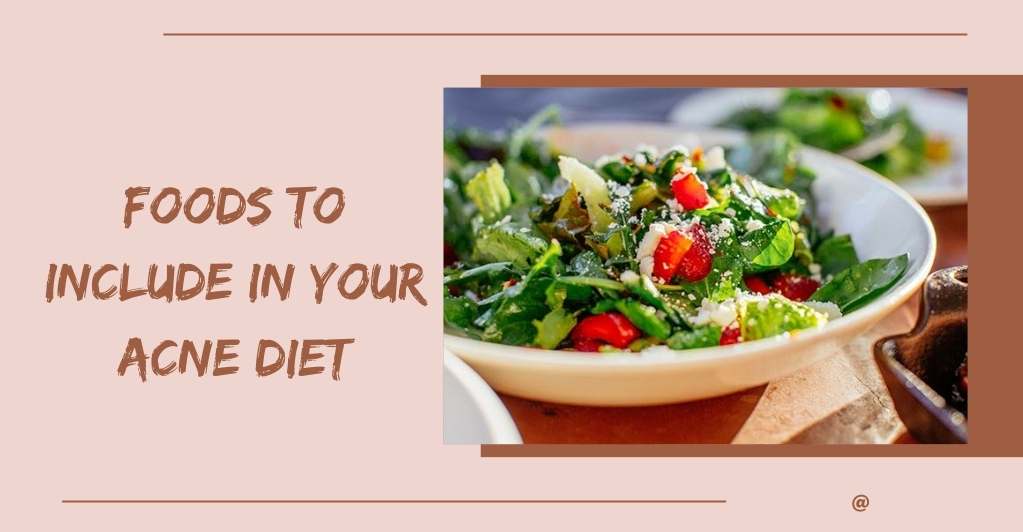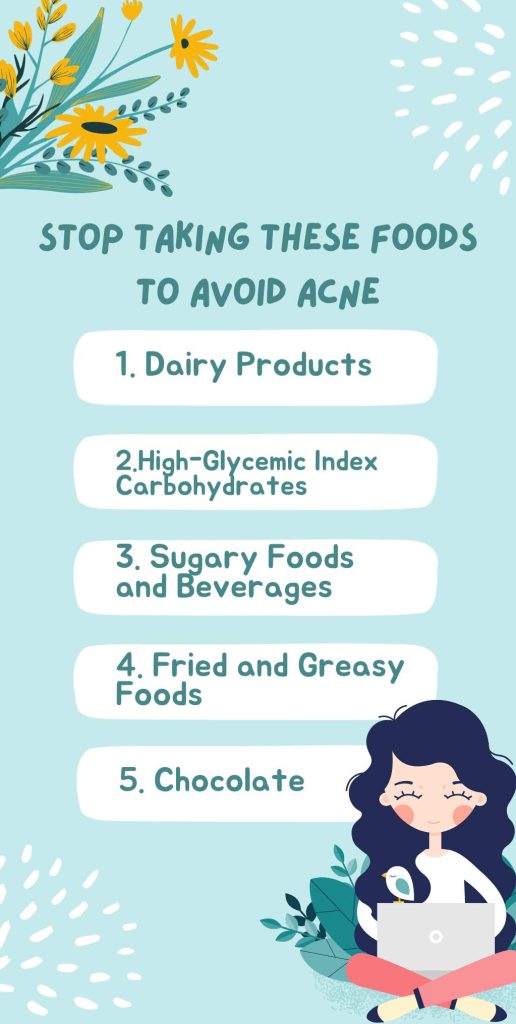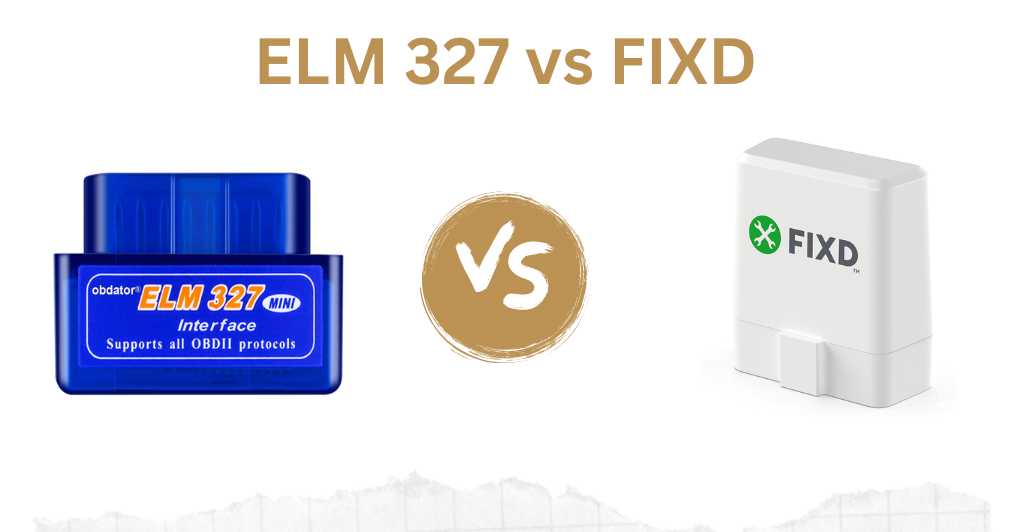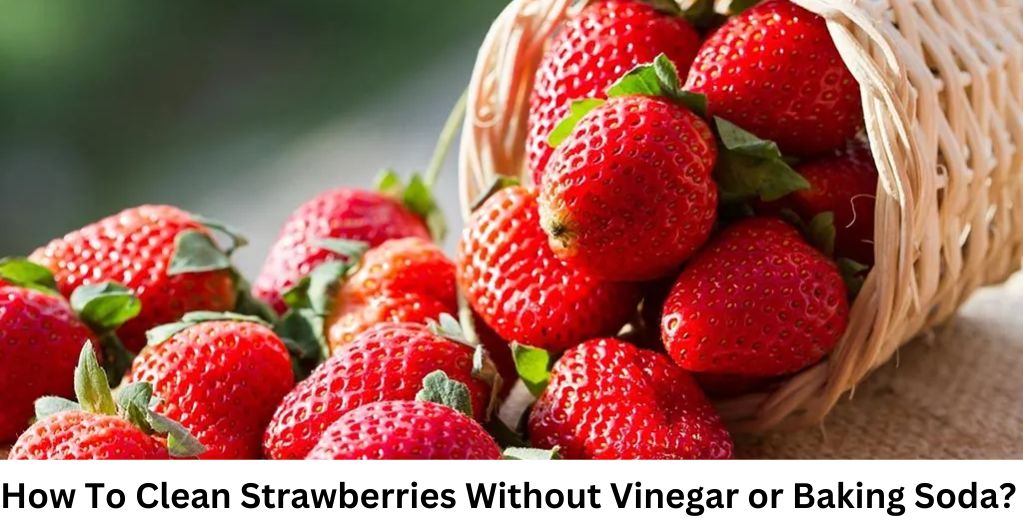
Foods To Include In Your Acne Diet: Acne is a very common skin problem in today’s world. Be it teenagers or adults, more or less we all have gone through our ‘acne phase’ at least once in our lifetime. While hormonal changes, genetics, stress, and pollution have a direct role to play in our acne, what you put on your plate can significantly impact your acne too. Acne is often the biggest hurdle we need to cross to get clear, radiant skin.
Here comes the age-old proverb “You are what you eat“. Our daily food habit has an extended influence on our skin, even when it comes to acne. So in this article, we will be learning about foods to include in your acne diet, their nutritional value and impact, what acne is, and what causes it. How your diet can affect your acne, the foods you need to avoid, and a few scientific studies to back up the claim.
What is Acne?
Acne is a common skin condition where hair follicles get clogged with oil and dead skin cells. It eventually leads to pimples and blemishes. It often shows up during the teenage years due to hormonal changes but can affect people of all ages.
Besides hormonal changes, genetics, stress, environmental factors, and diet have a significant role to play in acne. It can appear on your neck,face, shoulder, or back. Face skin, being comparatively thinner and more sensitive, raises more issues.
Acne can be of different types.
- Whiteheads and Blackheads ( Basic)
- Papules and pustules might feel tender).
- Nodules and cysts (severe)
What Causes Acne?
- Excess oil production.
- Clogged hair follicles.
- Hormonal changes.
- Genetics.
- Environmental factors.
- Medications
- Diet.
Excess Oil Production: Overactive sebaceous glands generate more sebum. That leads to pore blockage causing acne.
Clogged Hair Follicles: Accumulated dead skin cells mix with excess oil, obstructing hair follicles and fostering acne.
Hormonal Changes: Fluctuating hormones during puberty, menstruation, or conditions like PCOS influence sebum production, contributing to acne.
Genetics: A familial history of acne suggests a genetic predisposition, increasing the likelihood of its development.
Environmental Factors: Increasing pollution can harm your skin barrier. The hot and humid area can trigger sebum production, causing inflammation and acne.
Medications: Certain drugs, such as corticosteroids or lithium, may trigger acne as a side effect.
Diet: While the diet-acne link is intricate, studies hint at a connection, especially with high-glycemic foods influencing acne development.
How Your Diet Can Affect Your Acne?
The food you eat can impact your skin health, especially when it comes to blood sugar levels. Some foods cause a quick spike in blood sugar, leading to the release of a hormone called insulin-like growth factor 1 (IGF-1). IGF stimulates oil glands to increase sebum production. So the risks of acne and inflammation also increases.
Foods that quickly raise blood sugar include pasta, soft drinks, white bread, bottled juice, and refined flour sugar – these are called “high-glycemic” carbohydrates because they are made of simple sugars. While there’s some belief that chocolate worsens acne, solid research supporting this idea is lacking.
A diet heavy on high-glycemic carbs, dairy, saturated fats, and trans fats has been linked to increased hormone production, leading to more oil secretion by oil glands. Such a diet can also cause inflammation, contributing to acne problems.
A simple flowchart of how your diet can affect acne:
- More intake of high-glycemic carbs, dairy, and fats
- Spike in blood sugar levels.
- The elevated blood sugar triggers the release of Insulin-like growth factor-1 (IGF-1 ).
- IGF-1 stimulates oil glands to increase sebum production.
- Increased sebum production raises the risk of acne and inflammation.
Foods To Include In Your Acne Diet

1. Omega-3 Fatty Acids:
Food Sources: Fatty fish (salmon, mackerel), chia seeds, and flaxseeds.
Impact on Health: Omega-3 fatty acids help regulate inflammation, reducing the severity of acne. They also support skin hydration and may enhance the effectiveness of conventional acne treatments.
2. Zinc:
Food Sources: Pumpkin seeds, chickpeas, cashews
Impact on Health: Zinc is crucial for immune function and wound healing. It may help control inflammation associated with acne and regulate sebum production, contributing to clearer skin.
3. Antioxidants:
Food Sources: Berries (blueberries, strawberries), dark leafy greens, nuts
Impact on Health: Antioxidants fight oxidative stress, protecting skin cells from damage. This can be beneficial to reduce inflammation and repair the skin barrier, minimizing the chance of acne.
4. Vitamin A:
Food Sources: Sweet potatoes, carrots, kale
Impact on Health: Vitamin A plays a role in preventing the buildup of dead skin cells that can contribute to acne. It also supports the immune system.
5. Vitamin E:
Food Sources: Almonds, sunflower seeds, spinach
Impact on Health: Vitamin E is an antioxidant. It supports overall skin health and may aid in reducing inflammation associated with acne.
6. Probiotics:
Food Sources: Yoghurt, Kefir, and Sauerkraut
Impact on Health: Probiotics improve our gut health by inducing microbes. It can influence systemic inflammation and improve skin conditions, including acne.
7. Green Tea:
Food Sources: Green tea leaves
Impact on Health: Green tea contains antioxidants, particularly catechins, which may help reduce inflammation and fight bacteria associated with acne. Drinking green tea is good for your overall health.
8. Whole Grains:
Food Sources: Quinoa, brown rice, oats.
Impact on Health: Whole grains provide a stable source of energy and contain nutrients like zinc and antioxidants. They help regulate blood sugar levels, which impacts acne.
Remember, maintaining a healthy and balanced diet, along with proper hydration, is key to supporting your skin’s health and potentially managing acne.
Also Read: Sleepgram Pillow Reviews
Scientific Studies On How Diet Can Affect Your Acne?
1. In a recent study from the journal JAMA Dermatology, scientists looked at over 24,000 adults in the age group of 55-60 years old. A survey was conducted on their history of acne. They discovered that people currently dealing with acne were 54% more likely to eat a lot of high-fat foods (like meat and milk) and sugary snacks compared to those who never had acne.
2. Over 2,000 people in the USA tried a diet aimed at losing weight by lowering their glycemic intake. Surprisingly, 87% of them reported having less acne, and 91% needed less acne medication while on this diet.
3. Almost 50,000 women were asked to remember their high school diets, and it turns out that only cow’s milk was connected to acne. 44% of women who drank 2 glasses of cow’s milk per day were more likely to have acne.
4. The above experiment was also conducted on more than 6,000 girls and 4,000 boys aged 9-15. Their regular diet was surveyed in detail. It turns out that the ones who drank cow’s milk daily were more prone to acne.
However, milk has a lot of benefits for our health. It can single-handedly supply the necessary amino acids to our body. So if you aren’t vegan or lactose intolerant, doctors don’t suggest cutting out the milk completely. Even though milk might have some effect on acne, cheese and yoghurt don’t have any. So you can eat those too.
Stop Taking These Foods To Avoid Acne

Dairy Products: Some studies have shown that milk may contain hormones that can contribute to skin issues, including acne. Milk has a lot of health benefits. So you can take a limited amount with the doctor’s advice.
High-Glycemic Index Carbohydrates: High glycemic index foods like processed carbohydrates may lead to increased insulin levels, potentially increasing acne.
Sugary Foods and Beverages: High sugar intake can spike blood sugar levels, triggering an insulin response that may influence the development of acne.
Fried and Greasy Foods: While the direct link is debated, some individuals find that consuming excessive fried or greasy foods can be associated with acne pop-ups.
Chocolate: There isn’t any exact scientific proof to claim chocolates increase acne, but added sugars may influence skin health.
Remember, individual responses to foods can vary. Try to understand your body’s reaction to various foods. Maintaining a balanced diet with plenty of water, fruits, grains, and vegetables is important for your health.
Other Important Tips To Keep Your Acne In Check
Maintain a balanced and healthy diet. Eat fruits, vegetables, and whole grains.
Stay hydrated by drinking plenty of water throughout the day.
Practice good skincare hygiene, including gentle cleansing and avoiding harsh products.
Avoid touching your face frequently and picking at acne, as it can worsen skin condition.
Do exercise, meditation, or yoga.
Choose non-comedogenic skincare and makeup products.
Ensure regular, consistent sleep patterns for overall skin health.
Use sunscreen to protect your skin from UV rays and prevent further irritation.
Consult a dermatologist for proper advice and follow the instructions.
Conclusion: Foods To Include In Your Acne Diet
Hormonal changes, genetics, environmental factors, medicine, stress, and an unhealthy diet can cause acne. For some people, it may last from months to years. Remember, having a healthy diet can improve your overall health, but it’s not the only factor in controlling your acne. Always trust your instincts. If you feel it’s concerning, consult a dermatologist and follow the instructions.
Following a healthy diet and lifestyle, along with a proper skin care routine, is important to keep acne in check. Acne can cause image or self-esteem issues, especially in teenagers, but it’s important to remember that your skin conditions don’t define you. Don’t let your acne leave scars on your mind, even if it does on your skin. Always remember that the latter one is temporary.
Also Read: Snow Teeth Whitening Review
Frequently Asked Questions About Foods To Include In Your Acne Diet
Q1. What foods should I include in my acne diet?
Ans. Carrots, tomatoes, spinach, quinoa, blueberries, kale, broccoli, green tea, cherries, and all other colorful fruits and vegetables can be included in your acne diet.
Q2. What foods should I avoid for acne?
Ans. White bread, soft drinks, drinking a lot of cow’s milk, bottled juice, cake, or other high carbs (mainly empty carbs), and high sugary foods.
Q3. What causes acne?
Ans. Hormonal changes, genetics, environmental factors, medicine, stress, and an unhealthy diet can trigger acne.






